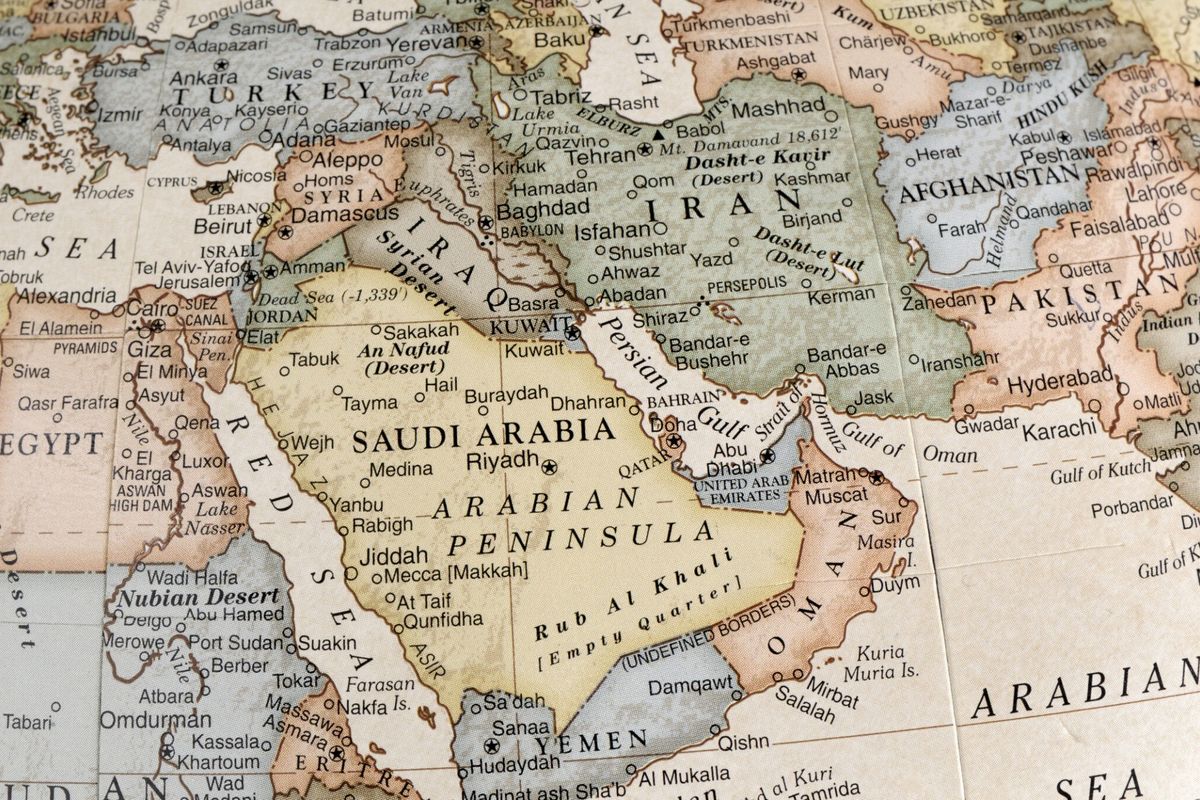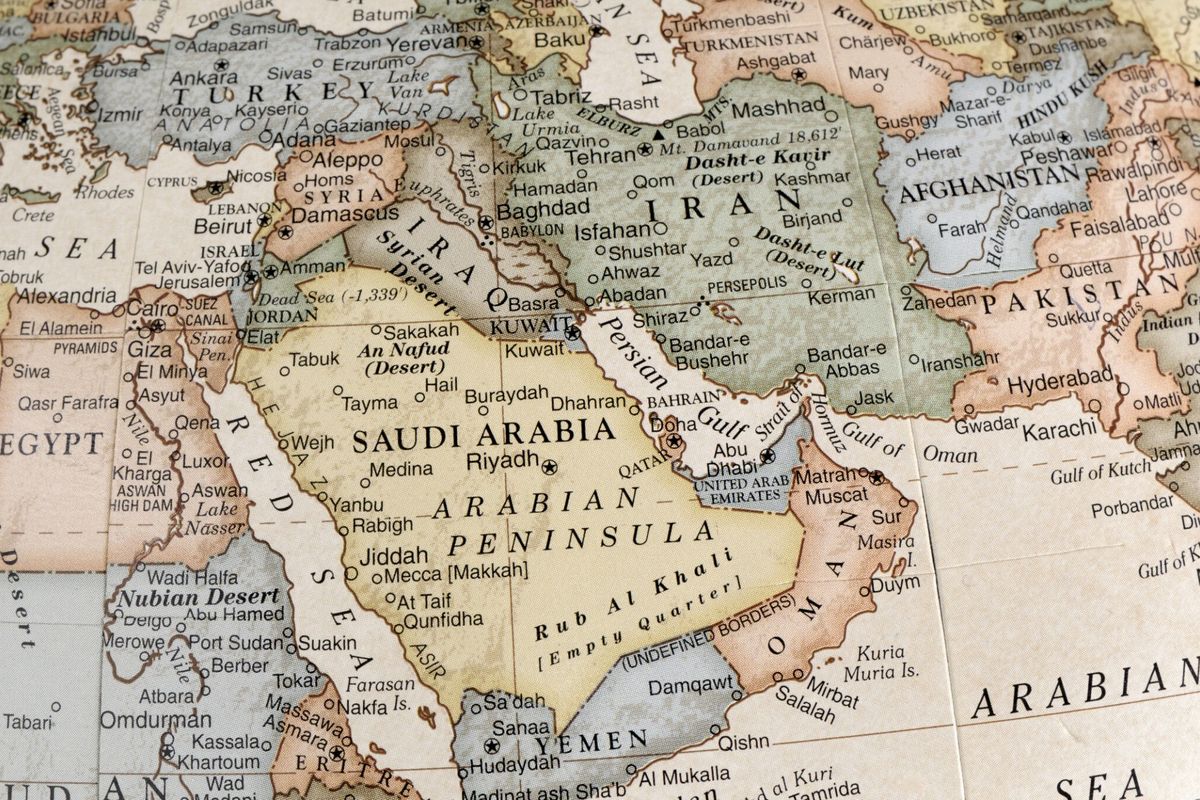President Barack Obama maintains Congress made a “mistake” on Wednesday when it voted to override his veto of a bill allowing U.S. families of 9/11 victims to sue Saudi Arabian officials. The bill overwhelmingly passed into law by a vote of 97-1 in the Senate and by 348-77 in the House of Representatives. Its passage marked the first veto override of the Obama Presidency.
During a CNN presidential town hall, Obama said the bill, known as the Justice Against Sponsors of Terror Act (JASTA), could expose U.S. companies, troops, and officials to potential lawsuits overseas. CIA Director John Brennan said the vote had "grave implications" for national security.
The Cipher Brief’s Fionnuala Sweeney spoke to network member and former CIA Associate Deputy Director Rob Richer for his thoughts on the implications of the bill’s passage and how the Saudis might react.
The Cipher Brief: Relations between the United States and Saudi Arabia have been rocky in recent months, and many believe this will make them worse – can you give us a sense of how deeply this will affect the relationship? To what extent will it erode trust – and for how long?
Rob Richer: I think it’s going to be an irritant, but it’s not going to cause major problems. Right now, the Saudis believe their relationship with President Barack Obama has not been the strongest, but he went to bat for them in terms of trying to veto this bill. They understand that he’s been trying to re-energize the relationship, particularly with the young Crown Prince, so they’ll understand this is politics. They understand Washington sometimes better than we do. They’ve got a great PR machine, they’ve got a great lobby machine, and their embassy understands how our Congress works. They understand that right now this is a political season and that this is a political topic.
Where we are going to see the problems will probably be on the business side. The Saudis may start to look at making some major purchases in places other than the U.S., which has been their traditional military supplier. They’re one of our biggest purchasers of armaments in the private sector. And they may well decide that if they’re going to show any retaliation, politically it won’t make a difference. It does make a difference though economically. They could have an impact, not a huge impact, but they could have an impact on a lot of those big Beltway customers in terms of their future sales. So I think we may see that.
The Saudis are partners in the war on terror. It’s to their benefit to be our partner. That’s going to continue. We are going to see some irritations. I think we are going to see a little colder reception to some of our initiatives. On the other hand, they need us in Yemen, which is their war. We are carrying the proxy battle forward to get rid of (Syrian President Bashar) Assad which is a personal issue for the Saudi King. So they need us. So this is going to be an irritant.
TCB: CIA Director John Brennan released a statement this morning saying that the new law “will have grave implications for the national security of the United States” and could jeopardize officials’ safety overseas. Do you agree? What increased risks will U.S. officials serving overseas now face?
RR: I’m pretty familiar with the 28 pages of the report (into 9/11 perpetrators), and there was no smoking gun to my recollection that any Saudi official officially assisted the hijackers, and by officially, I mean in their role as a Saudi official, they knew the hijackers were going to carry out a terrorist attack. So, moving forward, it will be interesting to see where the legal cases go in terms of holding officials accountable for indirect action.
And for the U.S., what happens if there is collateral damage like in Syria, like in Afghanistan, occasionally in Yemen, where we kill civilians? Can American diplomats in that country be held liable by the local government for what could be seen as an act of terrorism? Can we be sued through those acts? We’re kind of setting a precedent here. I think it is going to have an impact. I think it is going to diminish the safety of the diplomatic standing process.
We’re going to see suits filed (against Saudi Arabia), but this is going to take a long long time to get through the court system, so I don’t think we are going to see a real impact in the short term.
TDB: Saudi Arabia has warned that it will withdraw its dollar-denominated assets from the U.S. and possibly influence its fellow Gulf Cooperation Council (GCC) countries to curtail their cooperation with the U.S. Do you think this is likely to happen?
RR: No, I don’t. Again, the Saudis can take their purchase dollars, their riyals, and go somewhere else – yes, they can do that. However, the Saudis need the United States. We’re their biggest strategic partner. They see us as a bulwark against Iran. Our intelligence, our support helps them fight their war in Yemen, which is really important to them because that’s a war between Iran and them, being fought indirectly. They see us as helping and aiding their cause to get rid of Assad, again which is a personal agenda for the Saudi leadership.
I think we are going to get a lot of bluster. I think we may see some deals cancelled or changed in terms of the private sector – major weapons purchases, aircraft purchases things like that – but I don’t believe they will seriously try to economically hurt the United States. Unless we were to personally insult the King of Saudi Arabia or hold a Royal Family member to account in some kind of suit that they feel is insulting, I don’t think it is going to be as catastrophic as people are saying, but I do think it’s going to have economic implications.
TCB: Looking beyond Saudi, do you think this might have an impact on U.S. relationships elsewhere in the region?
RR: The bill talks about countries that support citizens who might be involved in terrorism, as I understand it. Well, there were UAE citizens involved in the 9/11 attack. There were Yemeni citizens who were involved in the attack against the USS Cole. There have been citizens of dozens of countries who have become involved with either al Qaeda, al Nusra, or ISIS. We are setting a precedent if we are going to hold a country accountable for the actions of its citizens based on indirect ties; yes, this could have an impact. It could make people very nervous, particularly in the Middle East, because unfortunately, all the extremism comes from there.













